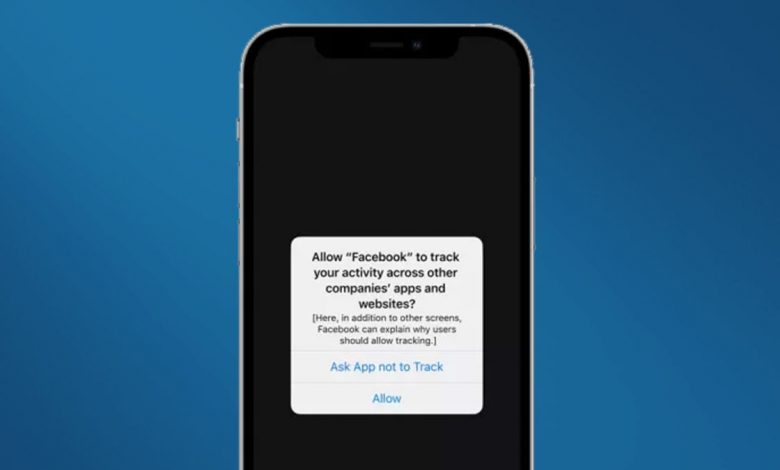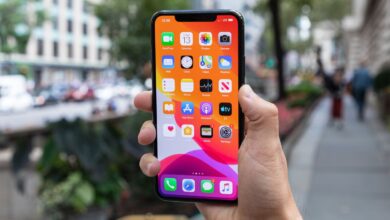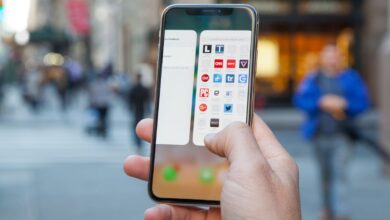
One of the biggest changes in iOS 14.5 is App Tracking Transparency. It’s a feature that’s consumer friendly about also controversial, as it ensures that developers have to seek explicit permission from users before tracking them across apps and websites for ad targeting.
It’s such a big change that Apple has its own dedicated support page for developers with questions about how it should be implemented and what exactly is permitted.
Free app developers are bracing themselves for the change, however, as it could see a serious shake up in their ability to monetize. As you might expect when given the choice of permitting tracking or blocking it, the vast majority choose the latter. According to AdWeek, up to 68% of users are expected to take advantage of the feature when it launches, which could have a serious knock-on effect to the free app economy.
That analysis comes from AppsFlyer, a mobile marketing company that tracked 300 apps across 2,000 devices, which is obviously a tiny fraction of the roughly 2 million apps and ~900 million iPhones in active use. But if those numbers are real or even optimistic — dating app Bumble said in its S-1 filing that it expects opt-in to be 20% or lower — then it could be a rocky road ahead for apps that rely on adverts to support their development teams.
A report by analyst Eric Seufert in January for Mobile Dev Memo estimated that Facebook could take as much as a 7% revenue hit from Apple’s App Tracking Transparency feature.
But how impactful the change will be in terms of actual revenue is up in the air. There are certainly warning signs from big advertising companies; an Advertiser Perceptions report suggesting that some 58% of firms are looking to move budget out of the Apple ecosystem and into Android and connected TVs. However, it’s important to note that App Tracker Transparency isn’t the same as Ad blocking.
Ads are still permitted, it’s just that they can’t be personalized based on your history with other apps or websites. Whether that will impact click through and ultimately revenue will depend on how clever the contextual advertising is. Just because an app doesn’t know the websites you visit, that doesn’t mean it can’t guess your preferences and interests based on what app you’re using.
All the same, the long-term effects of the change aren’t clear. It’s possible that a loss in revenue will encourage more app makers to include in-app purchases, or even make their apps paid from the get go.
While iOS 14.5 still doesn’t have a firm release date, we know it’s imminent, in part because Apple has started rejecting apps that don’t adhere to the new tracking rules. It’s likely coming this month, but it may take a while for app designers to adapt to iPhone users’ new tracking preferences.







